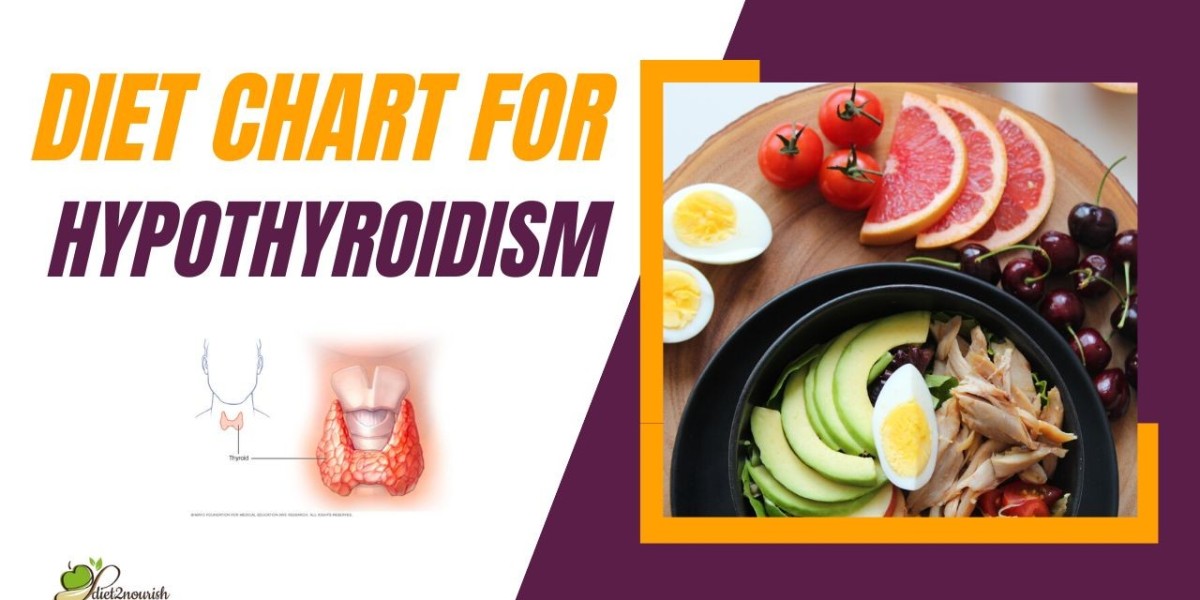- Eat plenty of fruits and vegetables. Fruits and vegetables are low in calories and fat and high in fiber, vitamins, and minerals. These nutrients are important for overall health and can help to improve symptoms of hypothyroidism.
- Choose lean protein sources. Lean protein sources, such as fish, chicken, and beans, are low in saturated fat and calories. They are also a good source of protein, which is important for thyroid hormone production.
- Limit your intake of processed foods. Processed foods are often high in unhealthy fats, sugar, and salt. These foods can contribute to weight gain and inflammation, which can worsen symptoms of hypothyroidism.
- Avoid goitrogens. Goitrogens are substances that can interfere with the production of thyroid hormone. Some common goitrogens include soy, cabbage, broccoli, and cauliflower. If you have hypothyroidism, it is best to avoid these foods or eat them in moderation.
- Get enough iodine. Iodine is an essential mineral that is needed for thyroid hormone production. Good sources of iodine include iodized salt, seafood, and dairy products.
- Maintain a healthy weight. Being overweight or obese can worsen the symptoms of hypothyroidism. Aim to maintain a healthy weight by eating a healthy diet and exercising regularly.
Here are some specific foods that you may want to include in your hypothyroidism diet
- Salmon: Salmon is a good source of omega-3 fatty acids, which can help to improve thyroid function.
- Cod: Cod is a good source of iodine, which is important for thyroid hormone production.
- Tuna: Tuna is a good source of protein and omega-3 fatty acids.
- Yogurt: Yogurt is a good source of protein and calcium. Calcium is important for thyroid hormone production.
- Berries: Berries are a good source of antioxidants, which can help to protect the body from damage.
- Green leafy vegetables: Green leafy vegetables are a good source of vitamins, minerals, and fiber.
- Whole grains: Whole grains are a good source of fiber and nutrients.
It is important to talk to your doctor or a registered dietitian to create a diet plan that is right for you. They can help you to make sure that you are getting the nutrients you need and that you are avoiding foods that can worsen your symptoms.
Here are some additional tips for following a hypothyroidism diet
- Cook with healthy oils, such as olive oil or canola oil.
- Avoid frying foods.
- Season your food with herbs and spices instead of salt.
- Drink plenty of water.
- Get regular exercise.
Following a healthy diet can help to improve the symptoms of hypothyroidism and improve your overall health.



